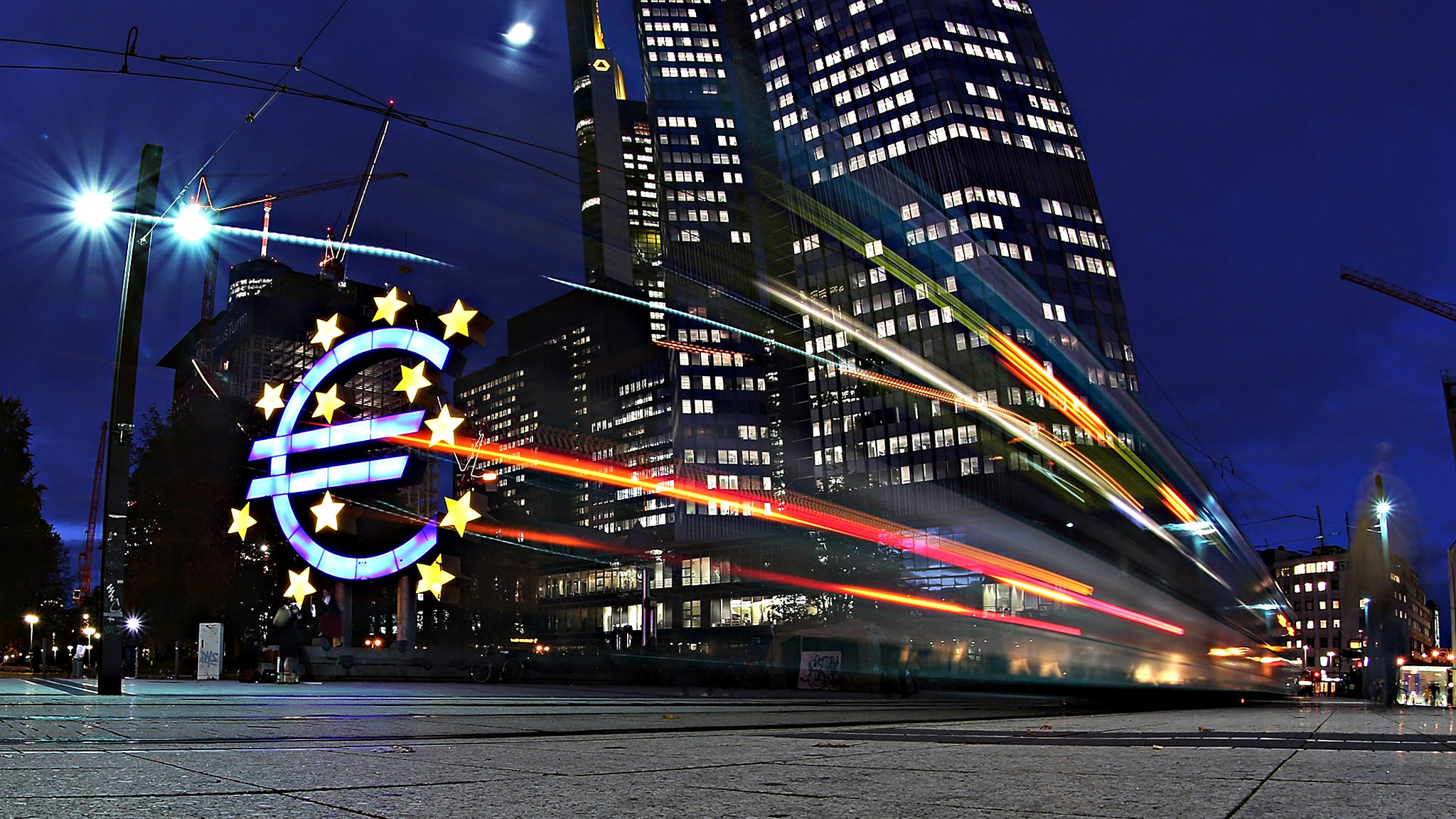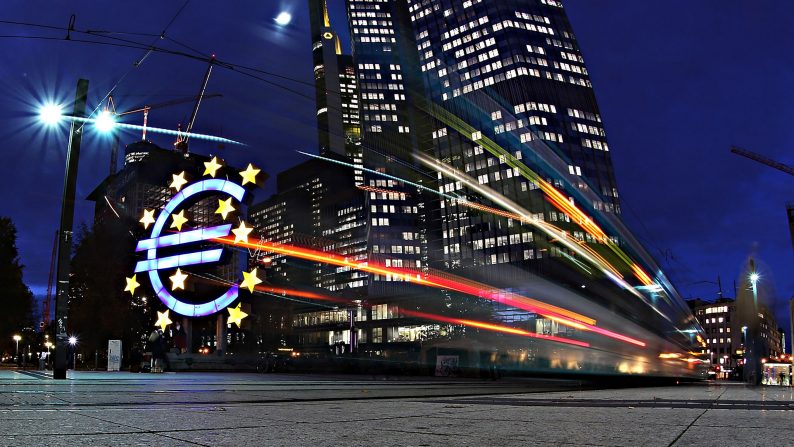I can’t quite escape the image of Mario Draghi as an ER surgeon, standing over the body of the Eurozone economy with its economic heart fluttering, working, but producing little output worthy of note, as he prepares to charge up one more jolt of economic defibrillation to shock it back into useful life. The image breaks down a little as urgency is somewhat lacking: chances are that Mr Draghi (all male surgeons are simply “Mr”…) will apply a further jolt of QE, but not until March.

However, when the news of the treatment emerged at the last meeting of the ECB which confirmed a steady as she goes verdict for interest rates, it was enough to briefly send the Euro crashing. It dropped by more than one Yen against the Japanese currency and dipped below the $1.08 level before recovering. A further easing of monetary policy will almost certainly weaken the Euro, but pricing it in more than two months before the probable event was too much, hence the recovery. The surgeon promised to “review and possibly reconsider” the ECB’s stance on its monetary policy in March at its next meeting. Interest rates remain on hold at 0.05% and the overnight deposit rate (paid by banks parking cash at the ECB) stayed at -0.3%.
It is hoped that further easing of the money supply by an extension of the scope of the current €60 billion a month asset purchase scheme will inject some inflation into the Eurozone economy. It is currently languishing at 0.2%, just one tenth of its target value.
Talking a good fight, Mr Draghi commented that: “As we start the New Year, downside risks have increased again amid heightened uncertainty about emerging market economies’ growth prospects, volatility in financial and commodity markets and geopolitical risks. We have the power, willingness and determination to act. There are no limits how far we are willing to deploy our policy instruments.”
The ECB had been working on the assumption that the oil price would average at about $50 this year, but having rallied last week, it is currently only $32.2 per barrel for Brent crude. It is unclear if the ECB figure had considered the potential easing role of Iranian crude coming onto an already saturated market as international sanctions are lifted.













Leave A Comment